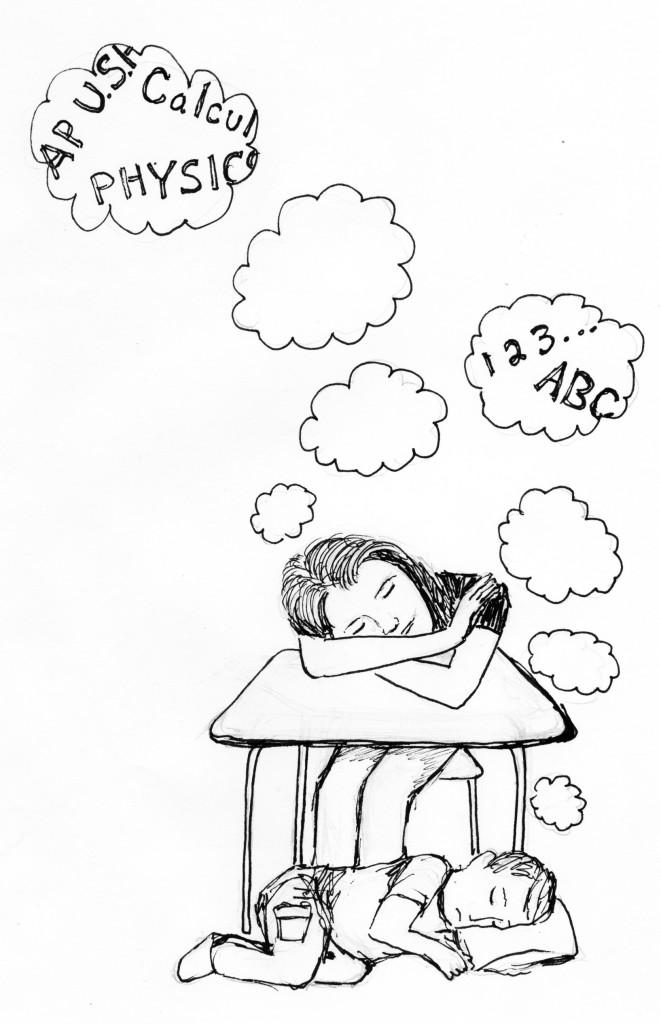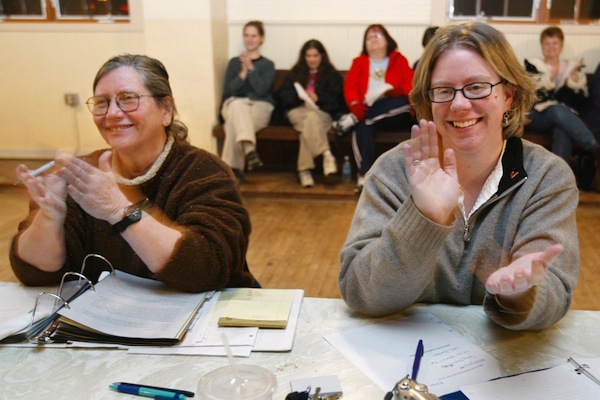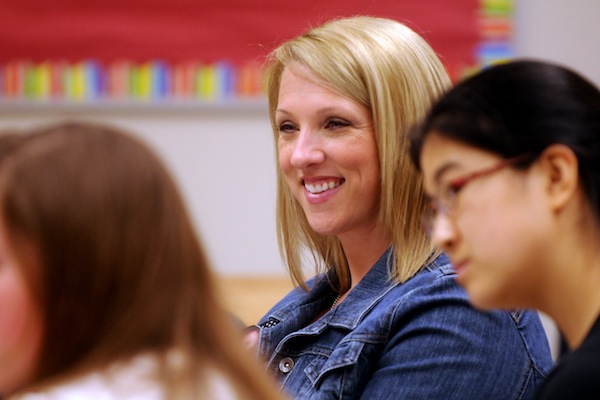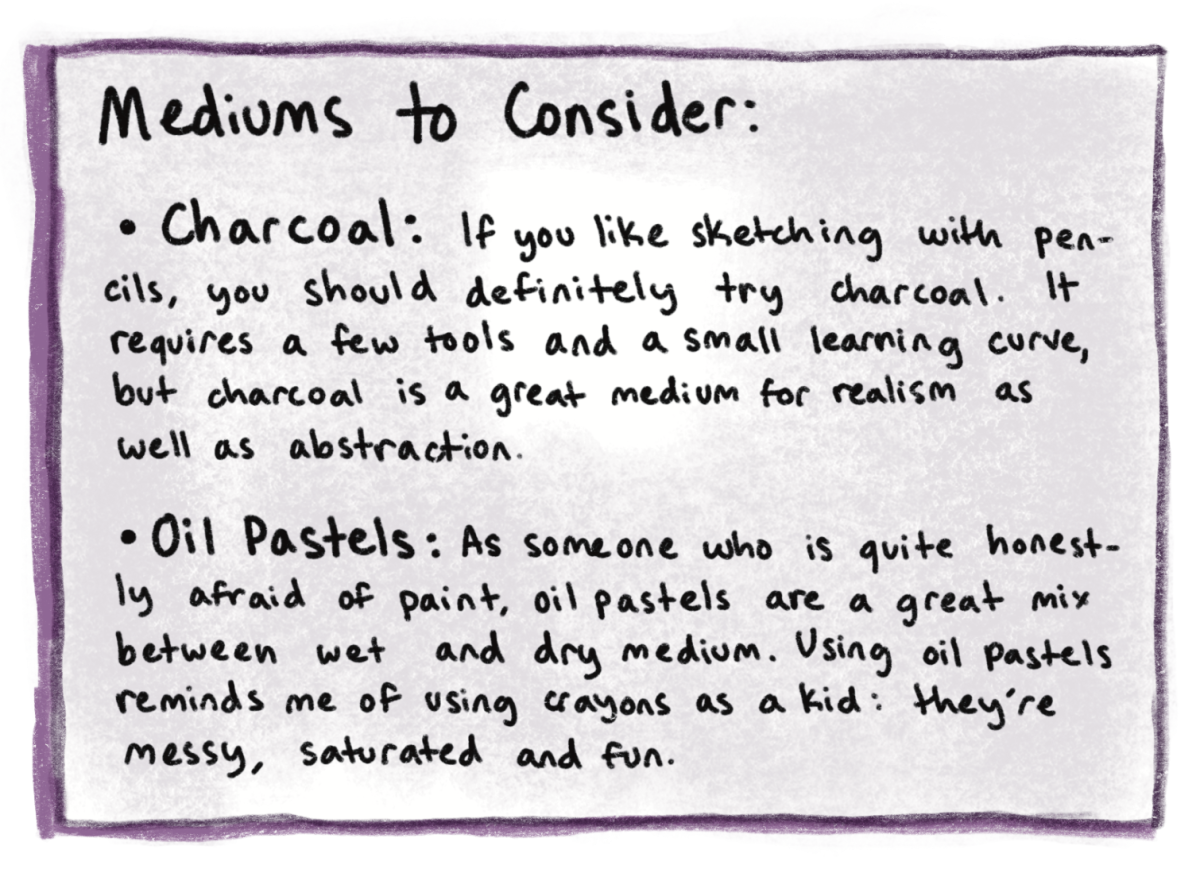In kindergarten we drew pictures and called it “homework,” we called feeding the fish a “job” and the games we played at recess were considered “sports.” We thoroughly enjoyed the colorful classrooms of the kindergarten hallway and our daily snack time. But there was one thing that our active, hyper selves didn’t really enjoy– nap time–the time that took away from what felt like hours of play time. Then, and even now many students don’t realize the importance of naps. Although naps do take up time from busy schedules, they are beneficial for the mind.
One positive affect of napping is that people retain the information they have learned better. A study at UC Berkley proved that the hippocampus–the part of the brain that plays a major role in memory–works better in people who nap. The study sampled two groups: one took naps before taking higher level thinking tests while the other group didn’t. The researchers saw that adults who napped did better on the tests and deduced that while sleeping, the extraneous clutter in the hippocampus was removed, resulting in more space for new information. If students took naps between studying for classes, their minds would remember information better.
In addition to helping students academically, naps would also help students emotionally. Ninad Gujar, a scientist at UC Berkley, was one of the leading authors of the paper: “Sleep Refreshes Human Emotional Brain Reactivity.” The paper suggests that a nap with rapid eyes movements rejuvenates the brain emotionally. In the study, researchers found that people who had taken these naps expressed happy facial expressions whereas people who did not acted scared, angry and sad. Naps can socially and emotionally influence people for the better and keep teenage mood-swings in check.
Professional Sleep Societies revealed June 8 the results of an experiment conducted on kindergarteners. The study showed that students who took a daily nap exhibited lower levels of hyper activity and anxiety. Students are anxious about many things; from tests and college applications to big games and debate competitions, and by taking a nap students could rid themselves of some of the nerves that these nerve-wracking tasks bring.
Another plus of napping is that it may help prevent weight gain. A study by Stanford University and the University of Wisconsin found that people who slept less had lower leptin levels and higher ghrelin levels—two hormones that affect appetite. This caused people to be hungrier and crave foods high in carbohydrates. By taking naps, this ineffectual production of hormones could be reversed, resulting in weight loss. Therefore, naps help keep people healthy and refreshed.
Instead of taking naps, many students consume caffeinated drinks, such as coffee. But a study conducted by the Sleep Medicine and Research Center with St. John’s Mercy Medical Center and St. Luke’s Hospital found that coffee alone did not improve a person’s performance or enhance their alertness as much as the combination of coffee and a nap. While coffee keeps people awake, naps allow the brain to relax and recharge. Therefore drinking coffee alone would not be as efficient because the brain would be distracted and not be processing facts at its highest potential.
Whenever we think of a nap, students dream about this two to three hour-long sleeping period. Studies have shown however that people do not have to sleep nearly this long to obtain all the benefits of a nap. They say 15 to 35 minute “power-naps” at around 4 p.m. are sufficient for the neurons in the brain to rest and recuperate for teenagers, resulting in brain efficiency.
Teenagers should get nine hours of sleep, and let’s face it, that’s unrealistic. But taking naps throughout the day can make study time more effective and get teens closer to their target sleep time. #











